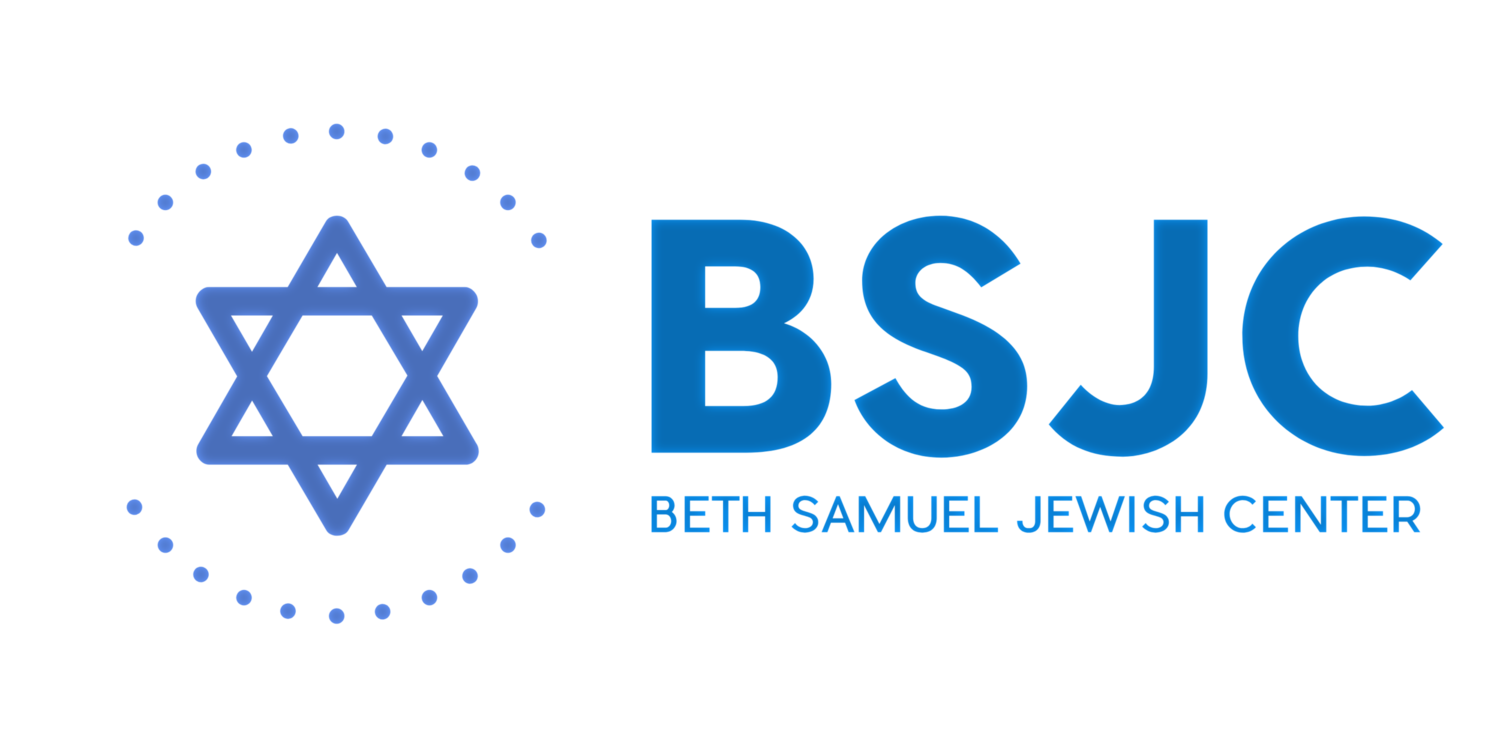October 2017
/“Music speaks louder than words,
It’s the only thing that the whole world listens to;
Music speaks louder than words,
When you sing, people understand.”
This is a folk song whose message I can really relate to, and perhaps, many of you can, too. I remember a wonderful concert I attended at Vassar College a number of years ago, entitled, “Stories and Songs from Around the World,” with Theodore Bikel and his renowned accompanist, Tamara Brooks. A poignant quote in the program read, “Music is a special kind of bridge – reaching over time and ethnicity, over chasms of silence, able to speak and understand in tones when we are unable to utter words. Songs of loss, of pain, of grief and sorrow, songs of hope and joy, are common to all. When we sing each other’s songs, we understand our common humanity.”
I remind myself of this quote from time to time, knowing that the music of the service can enable you to experience prayer on a deeper level, drawing you in and allowing you to connect with our Creator and with our community. Here at BSJC, we do a lot of singing in our Shabbat services. On the High Holidays I spoke about accessing prayer and connecting with Adonai, and music is just another one of the vehicles we have at our fingertips to work on this. I hope you find these thoughts and quotes useful and enlightening. Our world is in need of some more understanding between people, as it always is, and music may just be the bridge we need.
L’hitra’ot, until next time!

